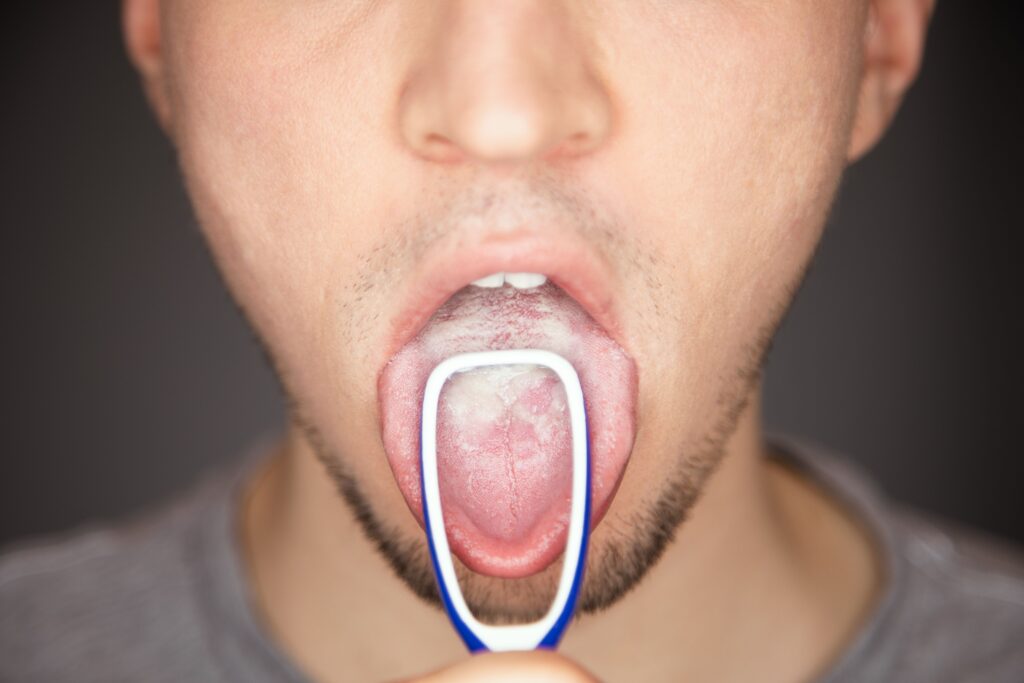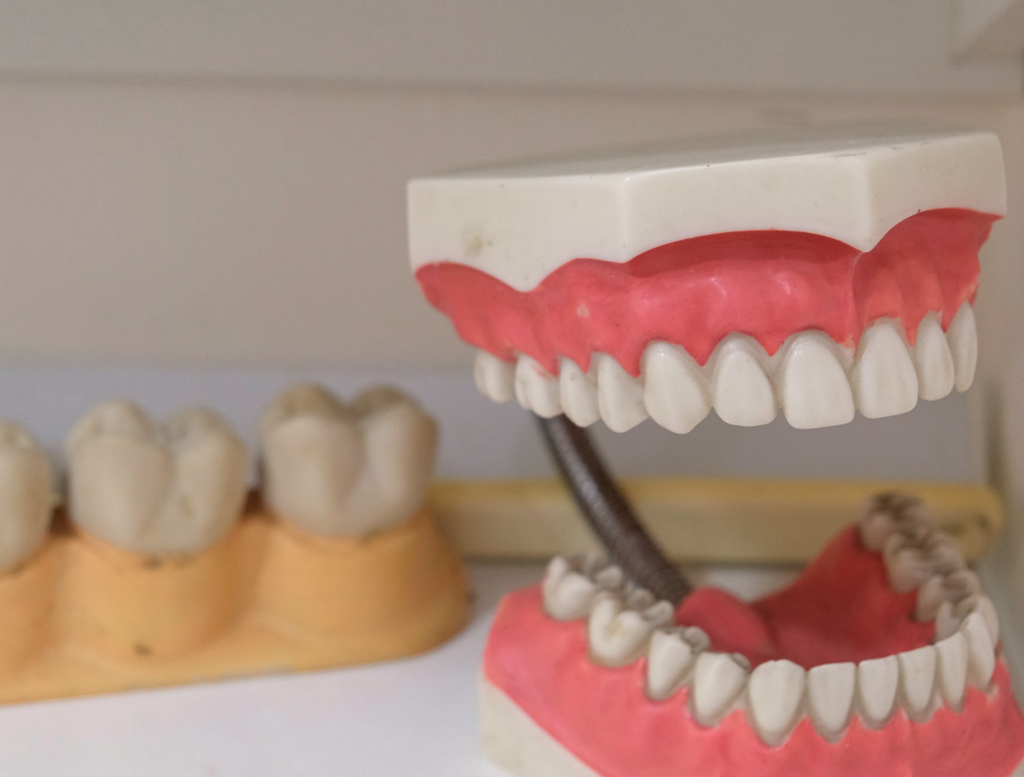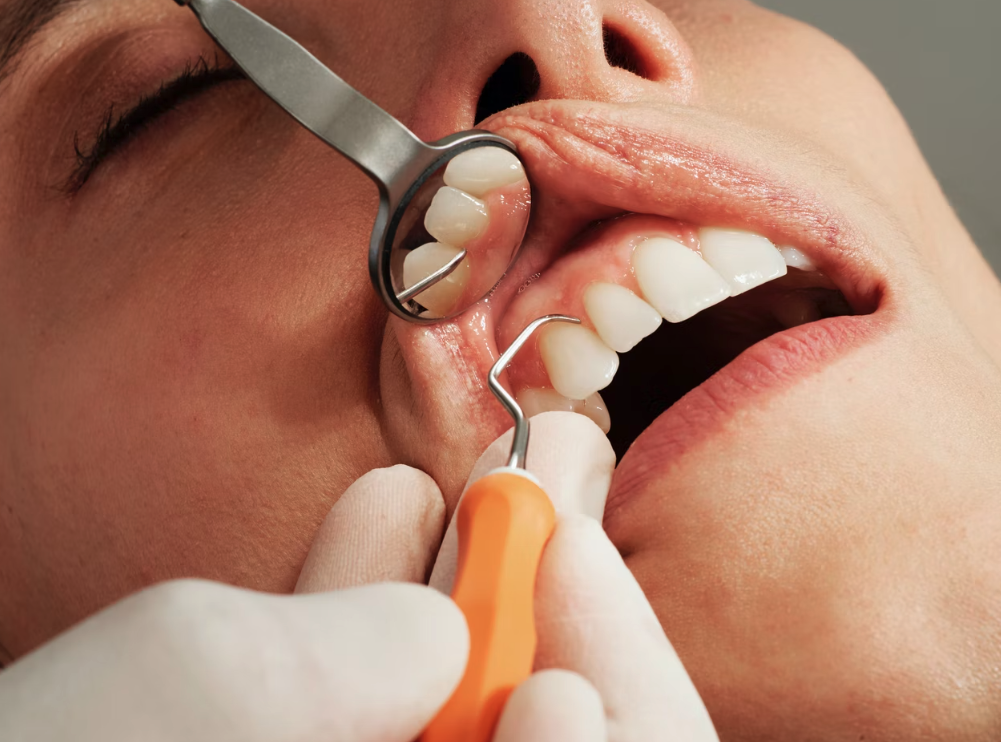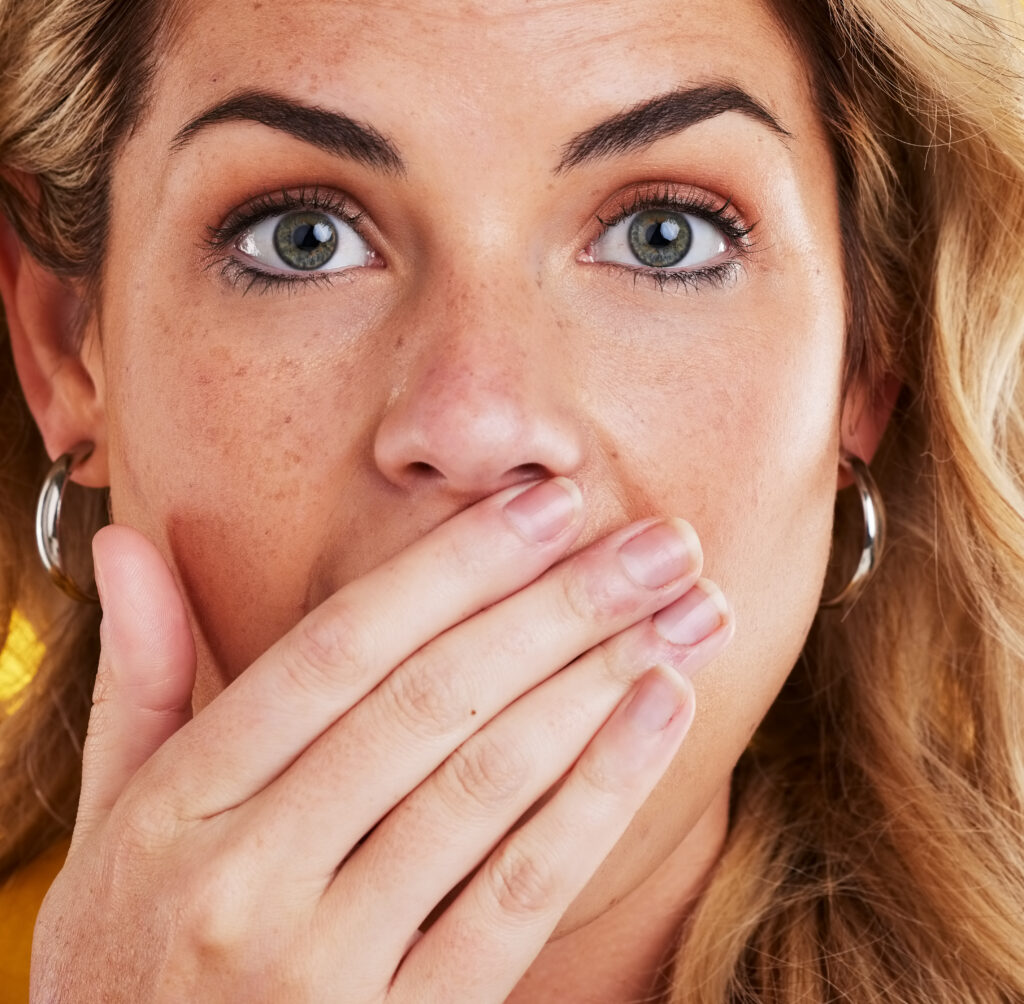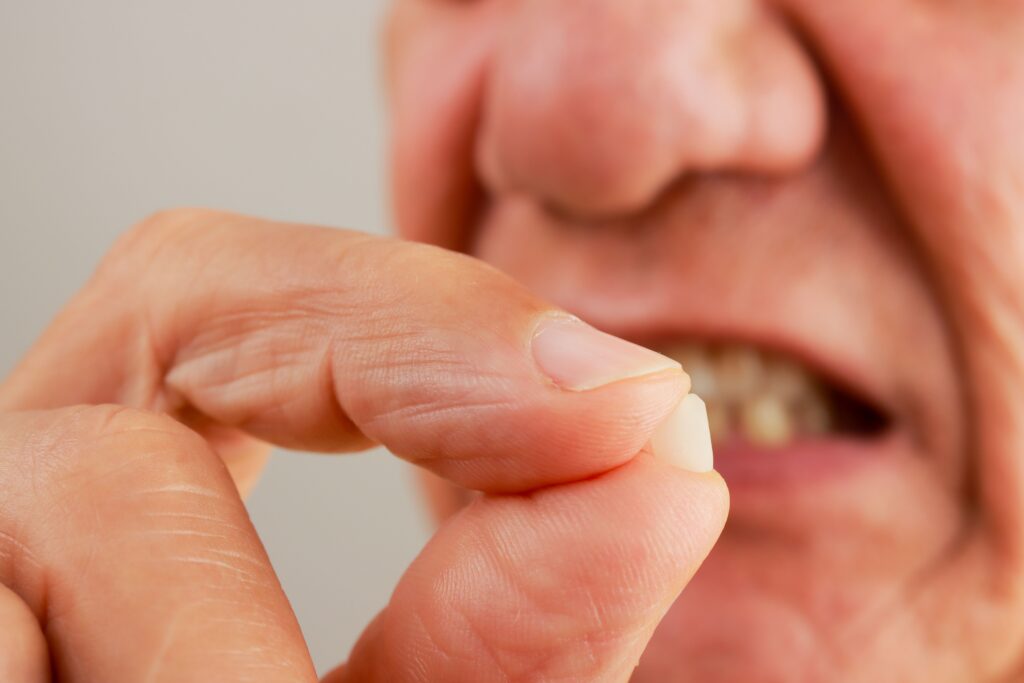Some dental patients wonder whether or not you should use mouthwash every day and what the benefits or drawbacks may be. The truth is that mouthwash can be very beneficial if used properly. Used in moderation, it can help improve oral health without causing any harm.
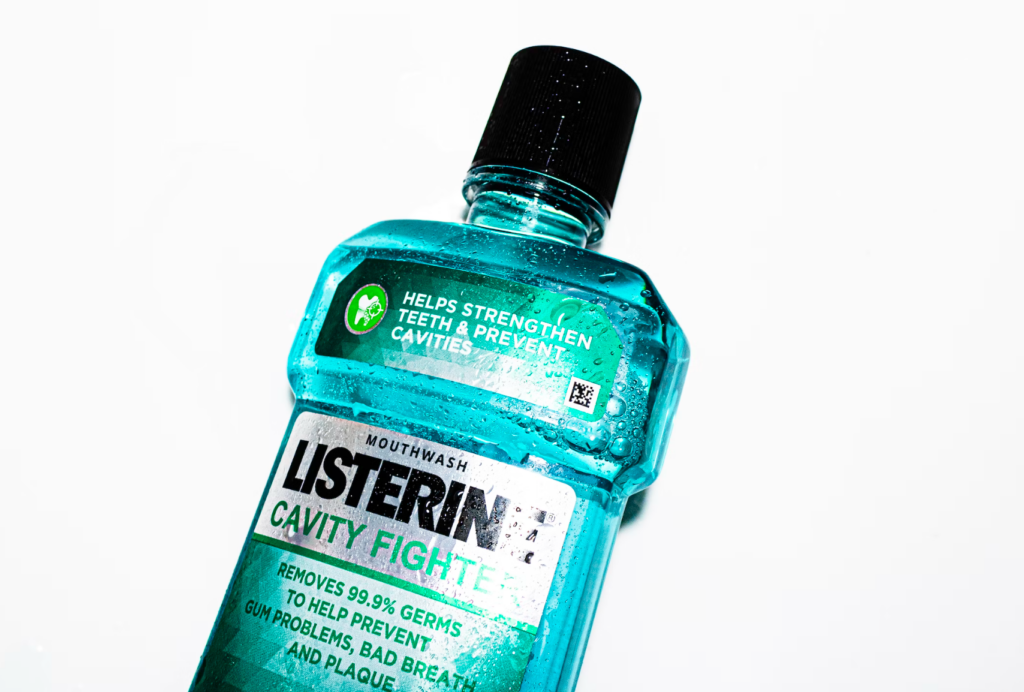
It is generally not recommended by dentists to use mouthwash every day or even at all for the matter. Most dentists will recommend that you brush your teeth and floss on a daily basis but not many will tell you that you need to use mouthwash.
What Does Mouthwash Do?
Mouthwash is typically used to help reduce the amount of bacteria in your mouth, which can cause cavities, bad breath and even gum disease. It works by killing or reducing the number of bacteria that are present in your mouth. The active ingredients in most different types of mouthwash all contain antiseptic properties that can help kill harmful bacteria.
While mouthwash can be a great addition to your oral health care routine, it is important to remember that it should never replace brushing and flossing. There are no studies or evidence showing that using mouthwash alone can be as effective as brushing and flossing regularly. It is best used as an extra step after brushing and flossing.
How Often Should You Use Mouthwash?
When it comes to how often you should use mouthwash, it’s best to listen to your dentist. Generally, it is recommended that you use mouthwash once or twice a day after brushing and flossing. This will help ensure that any lingering bacteria or food particles are removed from your teeth and mouth. However, it is not necessary to use mouthwash at all.
Can it Hurt to Use Mouthwash Every Day?
If you are concerned about using too much mouthwash, you are probably wondering if using it every day is too often.
While there can be some negative effects from using mouthwash too often, you will have to use it multiple times per day to see these negative effects. If you choose to use mouthwash every day, it’s best to stick with a milder version. Some mouthwashes contain harsh ingredients that can be harmful if used too frequently. Excessive use of alcohol-containing mouthwash can lead to dryness in the mouth and an increased risk of cavities.
Ultimately, if you are using mouthwash less than 2 times per day, you should be ok. It is also important to remember that your mouthwash should not replace brushing or flossing.
Should You Use Mouthwash as a Substitute for Brushing Your Teeth?
You should never replace brushing or flossing with using mouth wash. Brushing and flossing are both very important for getting rid of build up plaque between and around your teeth and gums. Mouthwash can help reduce bacteria, but it cannot get rid of plaque or food particles that may be stuck in between your teeth.
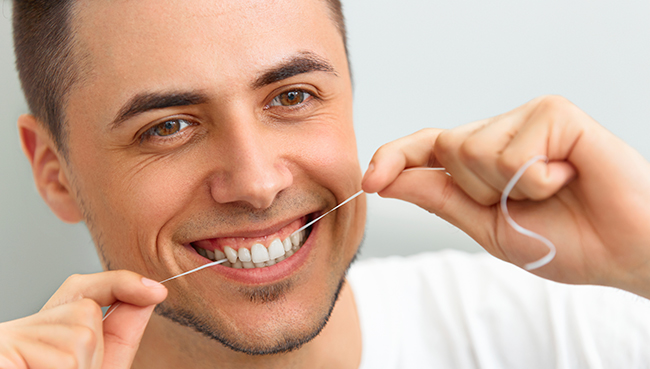
In conclusion, mouthwash can be a beneficial addition to your oral health care routine when used properly. However, it should never replace brushing and flossing as these are the most important steps for preventing cavities.
How Does Mouthwash Affect Enamel?
One crucial factor is how mouthwash can impact tooth enamel. Tooth enamel is the outermost layer that protects teeth from wear and tear. Some mouthwashes, particularly those that contain alcohol or other harsh ingredients, can potentially weaken enamel if overused. Alcohol-based mouthwashes can cause dryness in the mouth, reducing the protective benefits of saliva, which helps maintain enamel. Over time, this can increase the risk of enamel erosion. For this reason, many dentists recommend alcohol-free mouthwash, especially for people with sensitive teeth or dry mouth conditions.
Can Mouthwash Help with Gingivitis and Gum Health?
Mouthwash is often marketed for its ability to improve gum health and reduce the symptoms of gingivitis, a mild form of gum disease. While brushing and flossing are the best ways to remove plaque, antibacterial mouthwashes can help reduce the bacteria that contribute to gum inflammation. If you’re someone who struggles with early signs of gum disease, such as bleeding gums or gum sensitivity, using a mouthwash specifically designed to fight gingivitis can be beneficial. Look for mouthwashes containing ingredients like chlorhexidine or cetylpyridinium chloride, which are known for reducing bacteria that cause gum problems.
How Does Mouthwash Help with Bad Breath (Halitosis)?
One of the most popular reasons people use mouthwash is to combat bad breath, or halitosis. Mouthwash can be highly effective in masking bad breath, but its effects are usually temporary. If you’re experiencing persistent bad breath, it’s essential to figure out the underlying cause rather than relying solely on mouthwash. Bad breath can be caused by several factors, including poor oral hygiene, dry mouth, or even gastrointestinal issues. While mouthwash can provide a quick fix, it’s important to maintain proper brushing and flossing habits and address any underlying health concerns with your dentist or doctor.
What Ingredients Should You Look for in a Mouthwash?
Not all mouthwashes are created equal, and some contain ingredients that may not be suitable for everyone. If you’re prone to dry mouth or have sensitive gums, an alcohol-free mouthwash is a better option. Additionally, some mouthwashes are fortified with fluoride, which can help strengthen enamel and protect against cavities. Fluoride mouthwashes are particularly beneficial for people at high risk for tooth decay. When choosing a mouthwash, it’s important to read the label and consult your dentist to select the best product for your individual needs.
Is Mouthwash Safe for Children?
While mouthwash can be a helpful tool for adults, its use for children should be approached with caution. Most dentists recommend that children under the age of 6 should not use mouthwash, as they may accidentally swallow it. Even for older children, it’s important to supervise their use of mouthwash and ensure they understand that it is not a substitute for brushing and flossing. There are mouthwashes specifically designed for kids that are alcohol-free and gentler on young mouths. Always consult with a pediatric dentist before introducing mouthwash into your child’s oral care routine.
How Does Mouthwash Fit into Your Overall Oral Hygiene Routine?
Mouthwash should be considered a supplement to, not a replacement for, your regular oral hygiene routine. Brushing at least twice a day and flossing once a day remain the best methods for keeping your teeth and gums healthy. Mouthwash can provide additional benefits, such as reducing bacteria and freshening breath, but it cannot remove food particles or plaque as effectively as brushing and flossing. To maximize its benefits, use mouthwash after brushing and flossing to help wash away any remaining debris and bacteria.
Contact Family Tree Dental Today!
If you’re located near the boarder of Ohio and West Virginia and are looking for a dentist to assist you with routine checkups and dental hygiene, contact Family Tree Dental today! We have several offices located in the area in towns such as Belpre and Marietta, Ohio.



